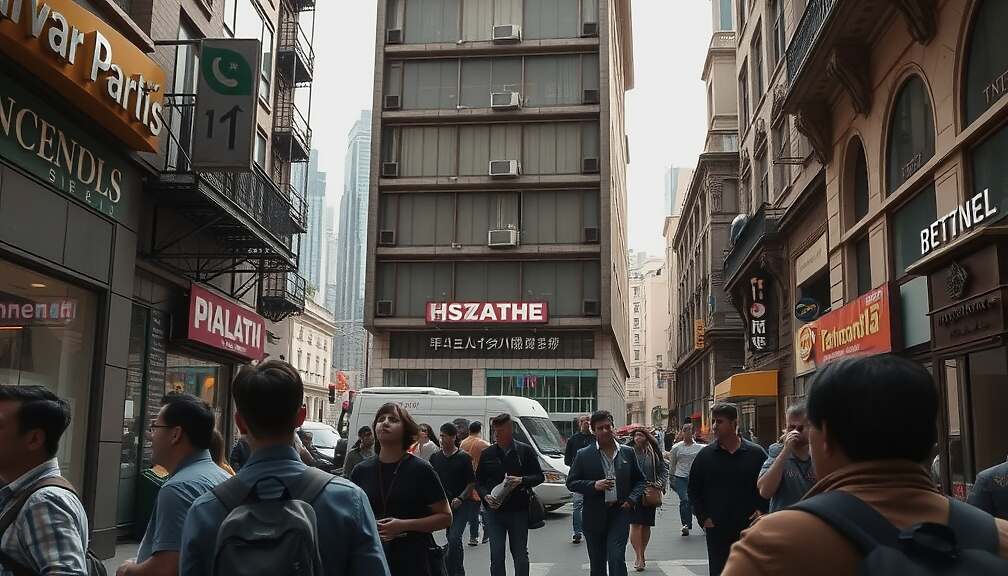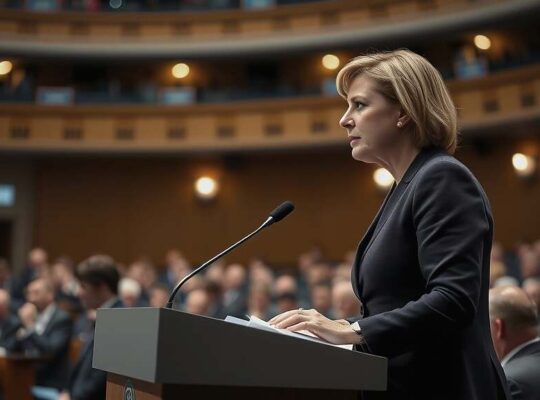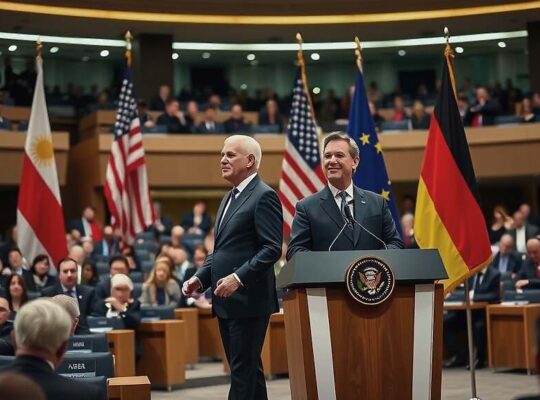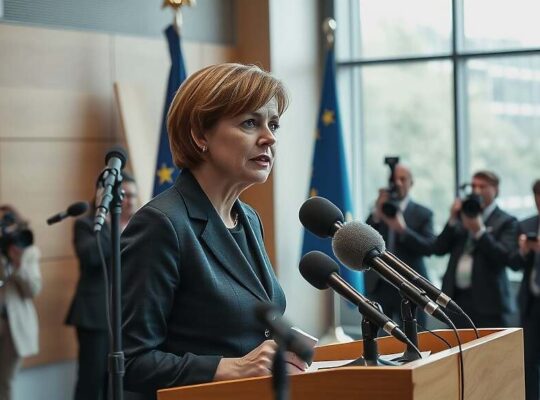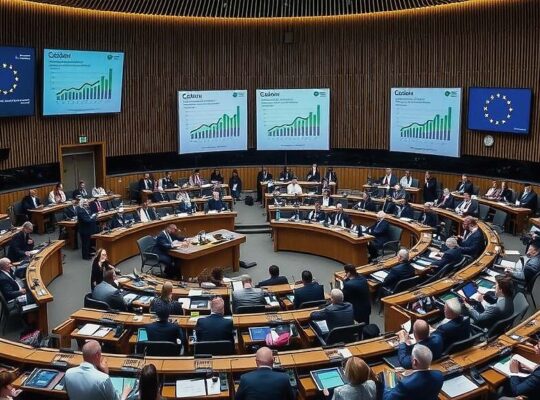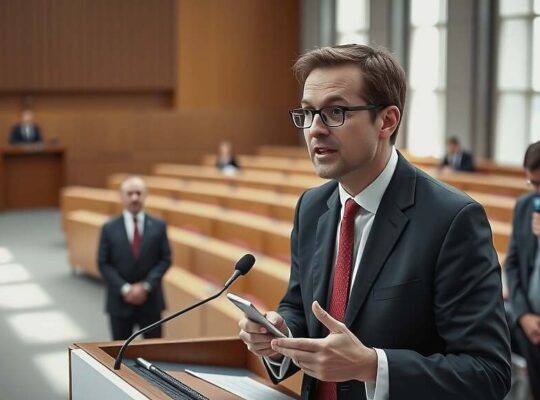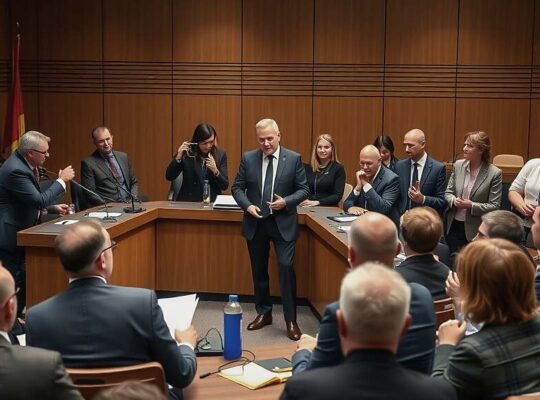The discourse surrounding urban landscapes has intensified in Germany, with Interior Minister Alexander Dobrindt strongly endorsing Chancellor Friedrich Merz’s recent remarks. Merz had previously stated that unlawful migration is demonstrably altering the character of German cities, a sentiment Dobrindt now publicly supports, characterizing it as aligning with the widespread perception of many citizens. He framed the observation as a factual reality, sparking significant controversy and accusations of racism from left-leaning and Green parties.
Dobrindt defended Merz’s statement, arguing that a political climate overly sensitive to criticism on social media risks alienating the electorate and inadvertently empowering extremist factions. He expressed concern that a reluctance to articulate anxieties shared by a substantial portion of the population fuels public disillusionment and creates space for radical ideologies to gain traction.
The Interior Minister linked his policy agenda to a promise of tangible relief for German cities and municipalities. He declared that the ongoing “migration shift” – a term suggesting altered migration policies – will demonstrably ease burdens on municipal services, including childcare facilities, schools and healthcare systems. This pledge, however, has drawn scrutiny. Critics argue that Dobrindt’s framing subtly implies a causal link between migration and perceived urban degradation, potentially escalating tensions and contributing to a divisive narrative. The vagueness surrounding the specifics of this “shift” and how it will translate into practical benefits further raises questions about the government’s commitment to addressing underlying issues within urban infrastructure and social support networks, beyond simply attributing them to migration patterns. The statements highlight a growing political divide and fuel debate about the role of immigration in defining national identity and the responsibilities of the government in addressing public concerns.


